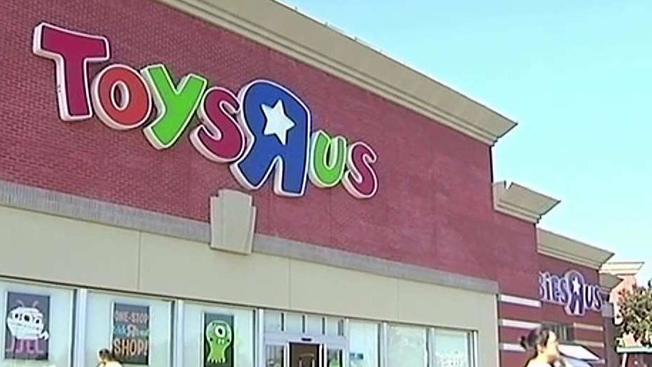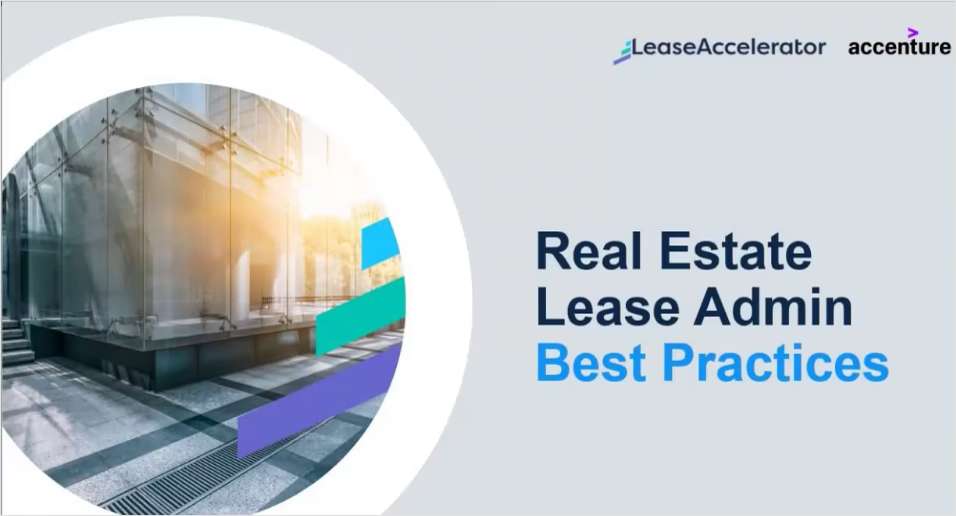"It's fair to say we are currently seeing unprecedented difficulties in the retail sector, with closures by large retailers as well as small mom-and-pop stores," says Richard Meth, a bankruptcy/creditor's rights partner at Day Pitney's office here. "And we will see many more retail bankruptcy filings in the months ahead."
If a tenant formally files for bankruptcy, the US Bankruptcy Code outlines the landlord's rights pertaining to rental payments and damage awards. For instance, if a tenant assumes the lease in bankruptcy court, the landlord can expect to receive an ongoing rental payment as well as compensation for any unpaid rent. Conversely, if a tenant rejects the lease obligation, then the landlord is entitled to damages that are capped at a certain amount.
However, it is advisable that tenants and landlords negotiate before an actual bankruptcy filing. "Bankruptcy is the avenue of last resort," Meth declares. "It provides protection, but it is costly and presents additional burdens and risks. To the extent that the parties are able to work things out outside the bankruptcy court, they all may be better served."
In the case of struggling retail tenants, landlords may find it is better to lower rents or postpone rental increases instead of having shop space go vacant. "It's not easy or practical for a landlord to get rid of a tenant who can't pay the rent because the likelihood of replacing that tenant is very slim," says Lawrence Reilly, a partner specializing in real estate at Day Pitney. "You can't throw all the tenants out of a mall. It behooves a landlord in many cases to do anything it reasonably can to keep this tenant open and afloat."
Before signing a lease, Reilly advises landlords to review the credit of the incoming tenant and get a security deposit or letter of credit. Landlords can also monitor the tenant's fiscal health via periodic financial reports. "If you are the landlord you want to know you have a tenant that has the wherewithal to afford this lease," Reilly says. "If it doesn't, you want the corporate entity that owns the retailer to guarantee the lease. Also, you want to get a security deposit that will give you some assurance of performance."
Compounding the problem for retail landlords is the potential placement of certain onerous lease terms. For example, some larger national tenants are in a position to demand co-tenancy clauses, meaning if a major anchor tenant leaves the mall, they no longer have to pay rent or can pay less in rent. There are also cancellation clauses that allow a tenant to leave after a specific time with just payment to the landlord. Reilly says such clauses are "dangerous" for landlords; however, in today's marketplace, landlords may be powerless to refuse a tenant's demands.
"Tenants have a tremendous bargaining position because landlords are lucky to keep their existing tenants and find new ones," Reilly explains. "Landlords should try to resist, but the bottom line is leverage as to what clauses are in these leases. And if you give too many co-tenancy or cancellation clauses, mortgage lenders don't like it. They want to make sure there is a stream of income to pay the mortgage."
While tenant bankruptcies have been more common within the retail sector, there have been some high-profile landlords that have gone that route as well, such as General Growth Properties. In those instances, tenants also have rights. They can consider the lease terminated and vacate the space with no further obligations, or continue to honor the lease, but with rental payments possibly decreased in the future due the landlord's non-performance, Meth says.
Want to continue reading?
Become a Free ALM Digital Reader.
Once you are an ALM Digital Member, you’ll receive:
- Breaking commercial real estate news and analysis, on-site and via our newsletters and custom alerts
- Educational webcasts, white papers, and ebooks from industry thought leaders
- Critical coverage of the property casualty insurance and financial advisory markets on our other ALM sites, PropertyCasualty360 and ThinkAdvisor
Already have an account? Sign In Now
*May exclude premium content© 2024 ALM Global, LLC, All Rights Reserved. Request academic re-use from www.copyright.com. All other uses, submit a request to [email protected]. For more information visit Asset & Logo Licensing.








